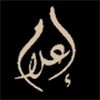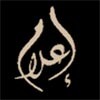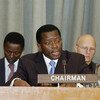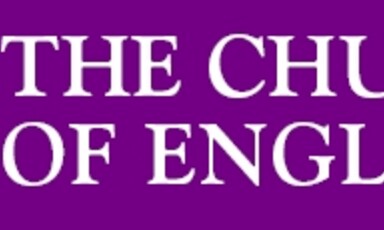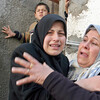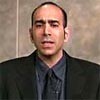
Justice Ministry delays investigation into police shooting of Arab youth
8 February 2006
Nadim Melham was shot dead in unclear circumstances by the Israeli police at his home in the Arab village of Arara in northern Israel on January 19. Police say they broke into the Melham family’s home after a tip-off that the youth was a drug dealer and had a stash of guns. They claim he tried to escape and, when cornered, pulled out a gun and cocked the trigger. He was shot in the chest by officers defending themselves, say police. Read more about Justice Ministry delays investigation into police shooting of Arab youth
